'Country of the Week' - Ukraine
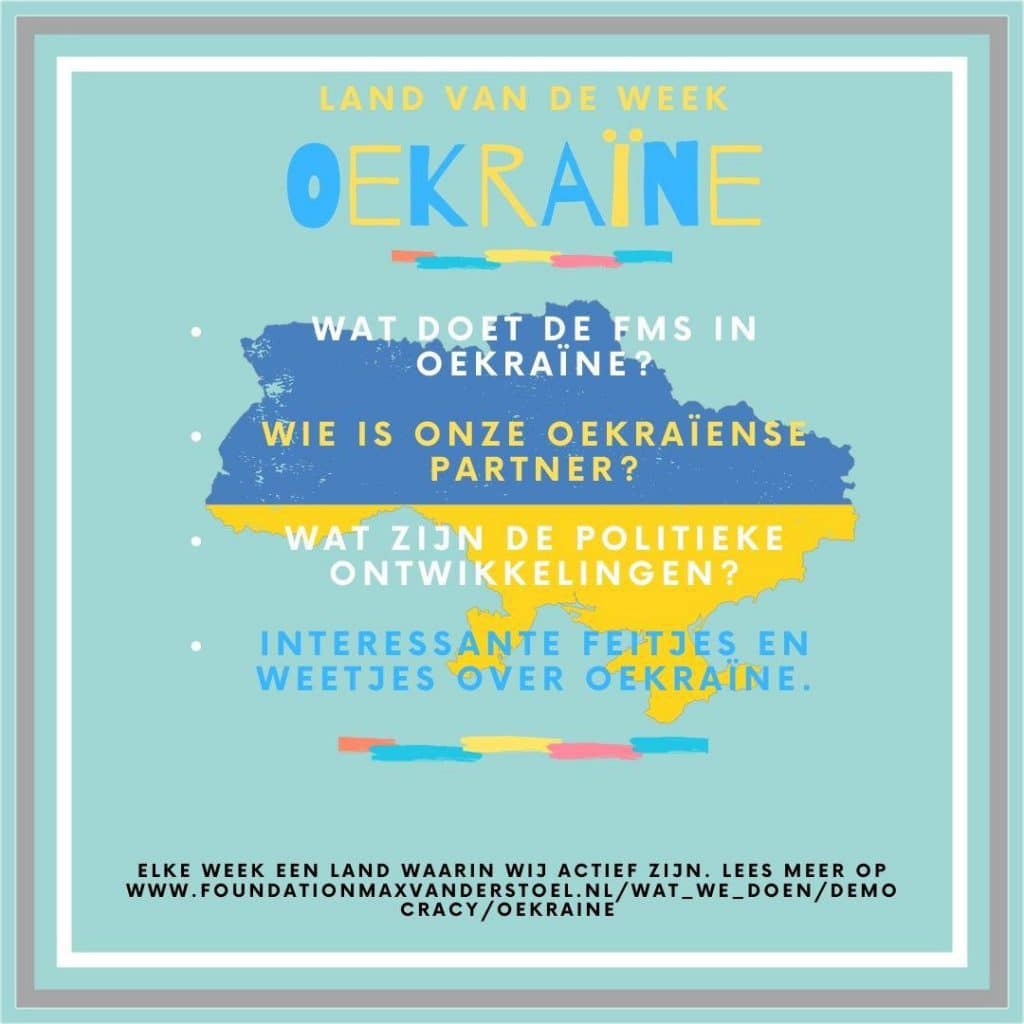
What exactly does FMS do? Where are you active? Who are your partners? Starting this week, we will answer all these questions and more in our new initiative: 'Country of the Week'. Each week, we will highlight one of the countries in which we operate and highlight what we do there through videos, fun facts and stories from our projects! This week we kick off with Ukraine.
In conversation with MP Kirsten van den Hul on the international approach to coronavirus
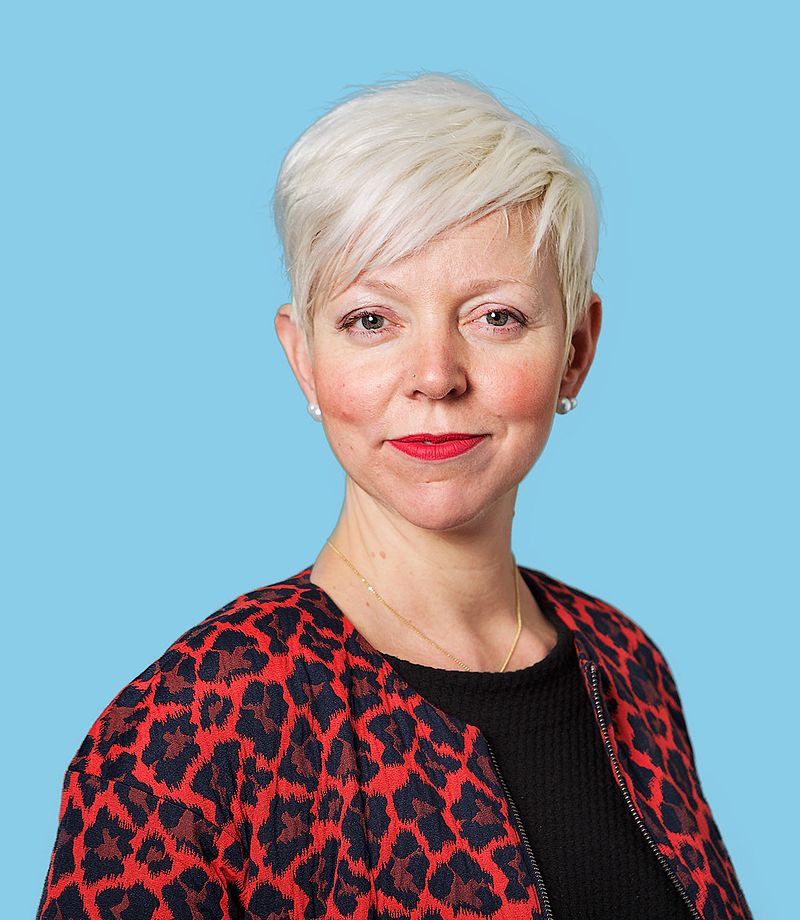
On Thursday 24 April, the FMS spoke with PvdA MP Kirsten van den Hul - spokesperson for Foreign Trade and Development Cooperation - about the international fight against the coronavirus and its impact on countries in Africa (and other developing countries). What is the Netherlands' role in this?
The inheritance of 1989: a missed opportunity to grow together?
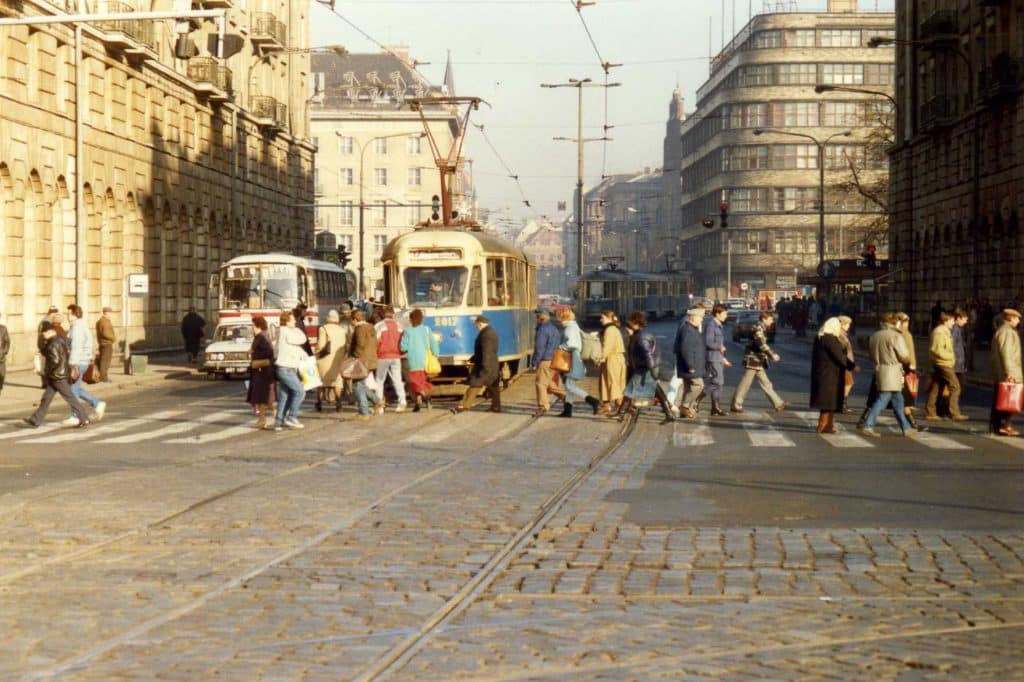
The autumn of this year offers a sad picture of Britain struggling with Brexit, Trump, Putin and Erdogan playing a cynical game with the Kurds in Syria and of the EU divided over the future of the enlargement process.
How different it was during the same period in 1989 when one communist regime after another collapsed and an European Community of 12 members was preparing for a leap forward after the planned completion of the Single Market. The European Commission was led by Jacques Delors, the French social democrat.
Commemoration of four disappeared Belarusians
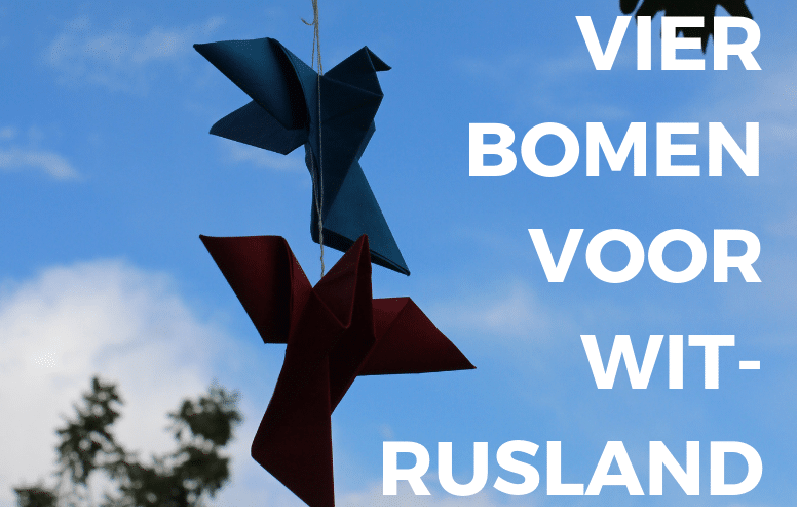
Eindhoven commemorates four disappeared Belarusians for the 12th time
Progressive Women of Eastern Europe want more cooperation
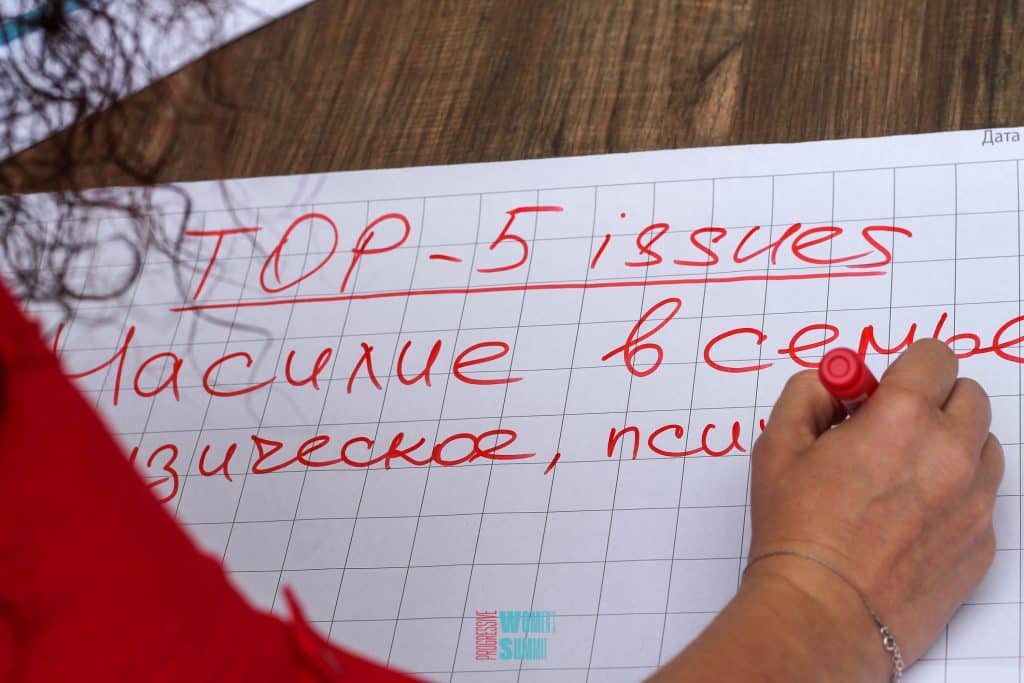
Last weekend, we organised the Progressive Women's Summit of Eastern Europe, together with the UK Labour Party and the Social Democratic Platform in Ukraine. Women from four Eastern European countries - Ukraine, Belarus, Armenia and Georgia - came together in Kyiv, to share experiences and reflect together on possible solutions to the challenges they face.
Elections in Ukraine: how's it going?
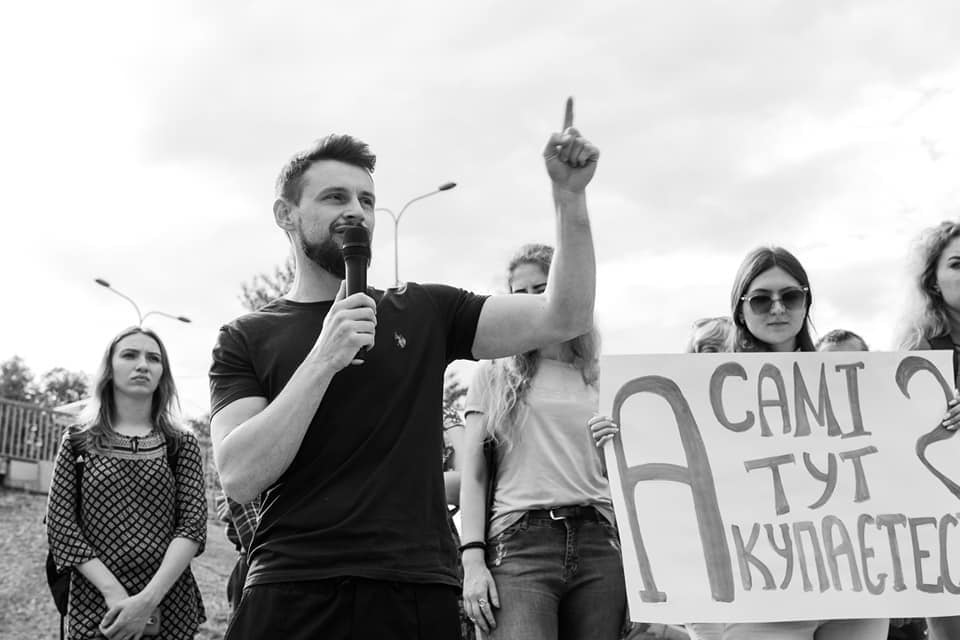
Last Sunday there were parliamentary elections in Ukraine. The results showed an overwhelming success for Servant of the People, the party of President Volodymyr Zelenskiy: for the first time in the history of independent Ukraine, one party managed to get a majority in parliament without the need for a coalition. But then, Zelenskiy is a very popular actor/comedian with sufficient financial resources. How does something like this work with candidates who don't have that? Our partner in Ukraine, the youth movement SD Platform, participated in the elections for the first time this time with one candidate: one of its founders, Bohdan Ferens. Friso Ages travelled to Kyiv to participate in the last days of his campaign and to watch election day. Below is his report.
Female leadership training in Armenia
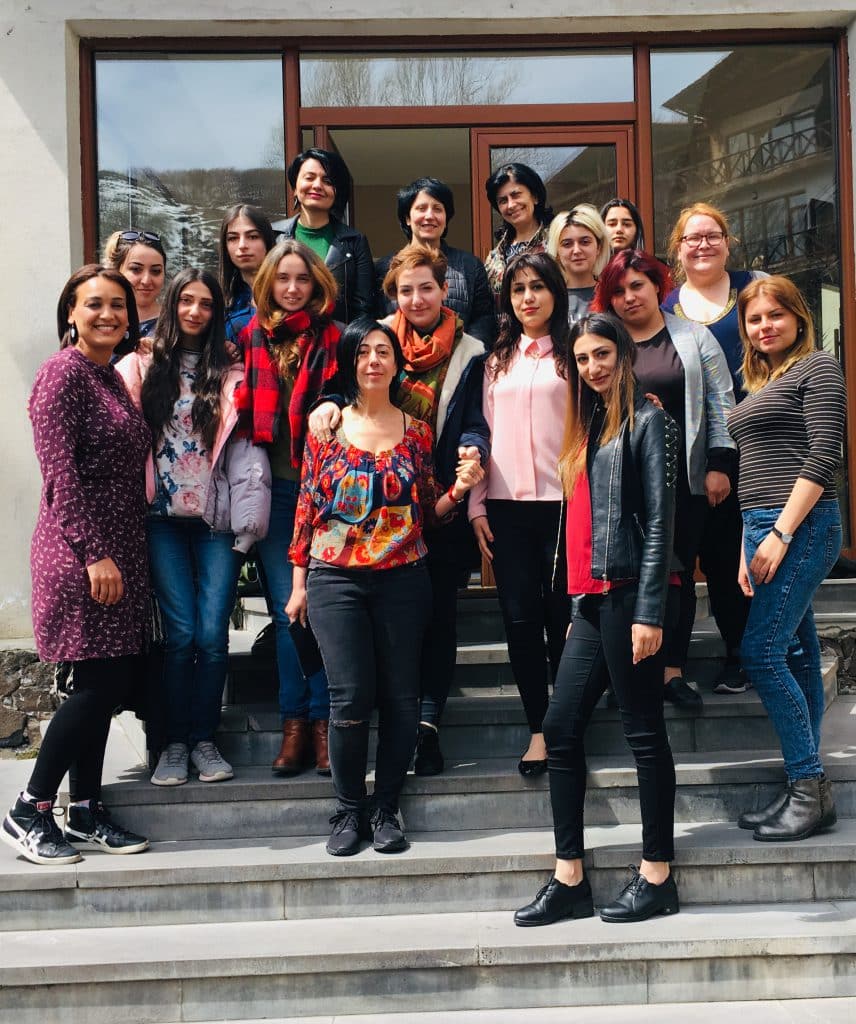
Last week, we organised a training in Armenia, together with Women in Europe for a Common Future (WECF). It is difficult for Armenian women to advance to leadership positions in politics, due to prevailing stereotypes and a relatively conservative society. This training was designed to give a group of talented young women the necessary skills they can use against these obstacles and help each other.
Political newcomers: wave of change in Eastern Europe?

For years, we have been talking about the rise of nationalism, conservatism and nativism in Europe. Could it be that a countermovement is now emerging there? A number of new leaders in Central and Eastern Europe may be showing a new trend. Want to know more? Read all about it in the piece by our Eastern Europe expert Marina Ohanjanyan!
Elections in Ukraine: All You Need To Know
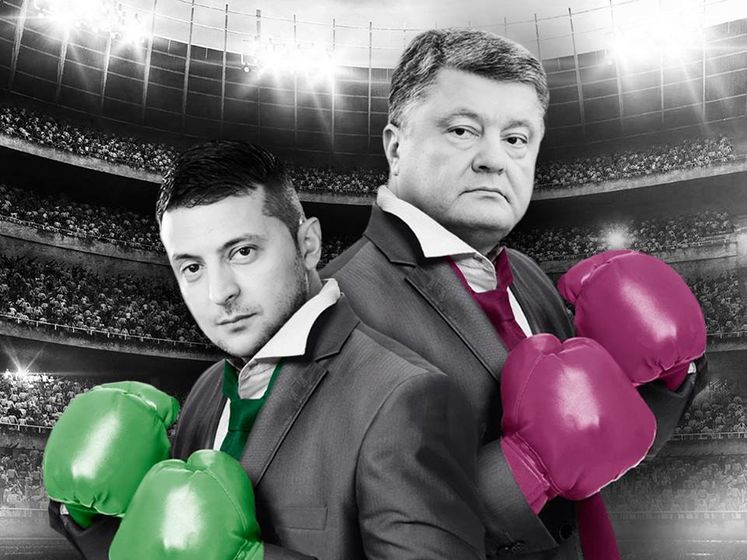
Ukraine is in the midst of an electoral campaign. Volodymyr Zelenskiy and Petro Poroshenko, who received the biggest number of votes in the first round of presidential elections, are actually close to the finish line. However, the electoral campaign becomes more and more interesting. Candidates focus on show and action, sometimes forgetting about their own programmes and ideas.
What is happening in Ukraine, what is this struggle about and who will win - Vitaliy Tysiachnyi, coordinator of the Social Democratic Platform in Ukraine, explains.
FMS workshops at Labour Party congress in Den Bosch
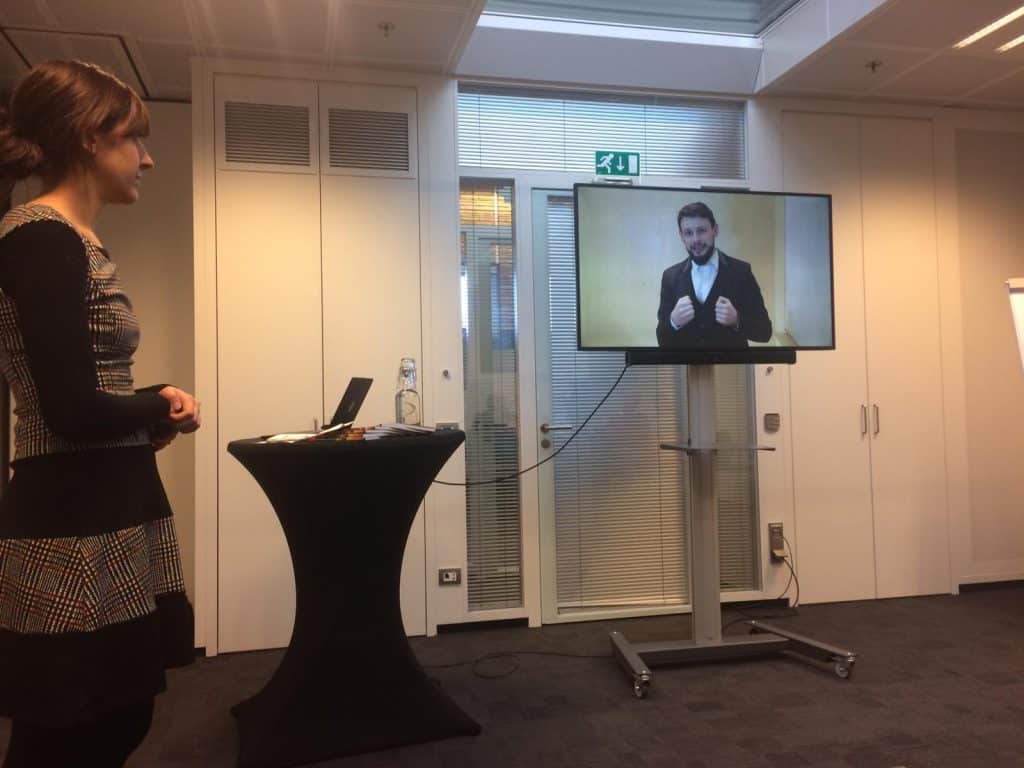
No better place than the Labour Party Congress on 19 January in Den Bosch - where the list and programme for the European elections were decided - to draw our attention to the EU's neighbours. Foundation Max van der Stoel therefore organised two workshops in Den Bosch on the security situation in Eastern Europe and on EU enlargement towards the Western Balkans. Bert Koenders, Jan Marinus Wiersma and Albanian Ambassador Adia Sakiqi were our guest speakers!

